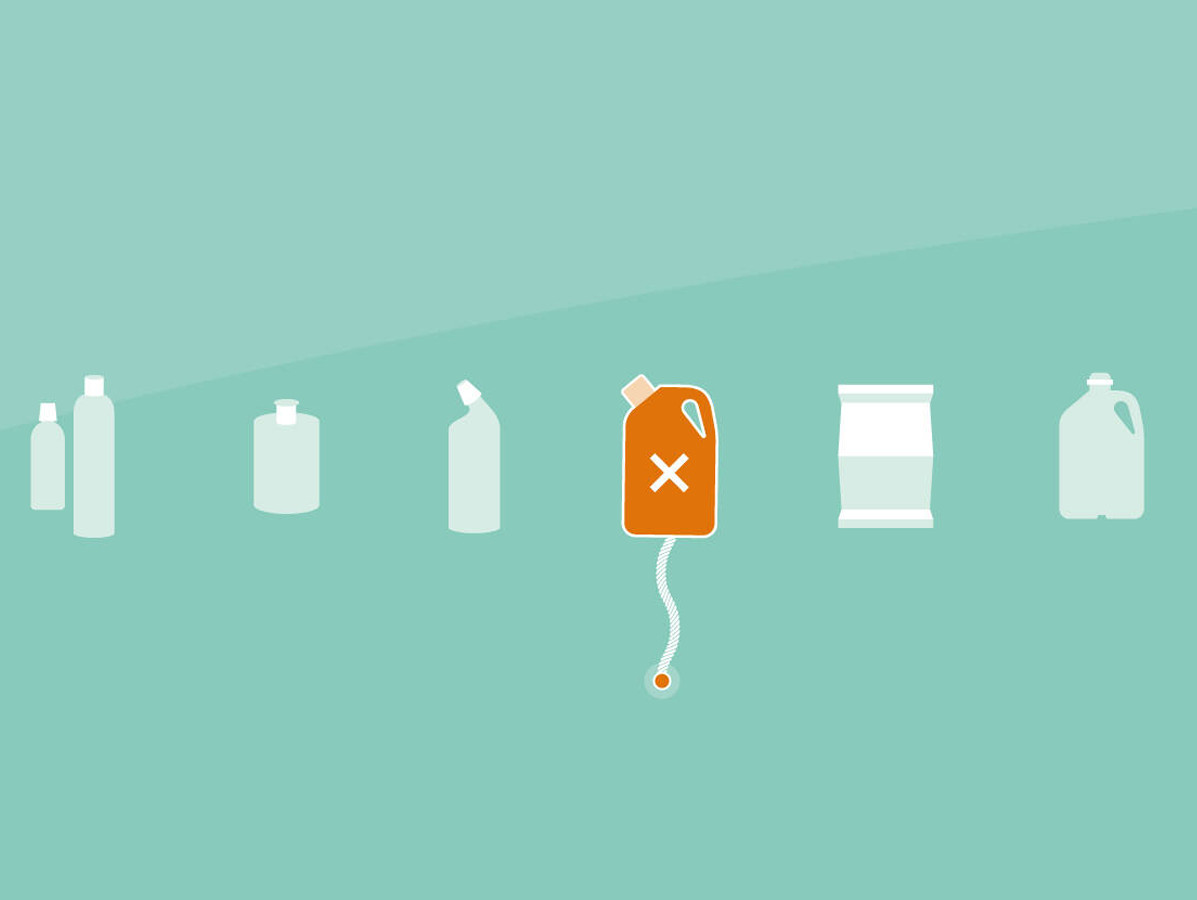
Homemade explosives are a common weapon for terrorists and other criminals. This is due to the relatively free availability of many raw materials. The availability of these substances is limited by EU regulation 2019/1148 and the Dutch Explosives Precursors Act. Since February 2021, this legislation has been tightened! This has direct consequences for entrepreneurs and companies that sell and use these substances. Many of the substances to which the law applies are very common in the food industry.
All market participants in the chain of precursors for explosives are expected to inform each other clearly and unambiguously if a product contains such a precursor and thus falls within the obligations of the EU regulation. Companies must also train and instruct their staff so that they are aware of the obligations that apply to trading precursors in order for them to implement the law.
EU legislation distinguishes between the precursors for explosives by dividing them into two different lists of substances, the so-called 'Annexes to the EU Regulation'. These lists can be found at: www.nctv.nl/precursoren for explosives. Different rules and obligations apply to both lists.
As of February 1, 2021, the following obligations apply to substances on List 1: (List 1 of restricted explosives precursors includes Nitric Acid, Hydrogen Peroxide, Sulfuric Acid and Nitromethane)
As of February 1, 2021, the following obligations apply to substances on List 2: (List 2 of explosives precursors that must be reported include Hexamine, Acetone, Potassium Nitrate, and Sodium Nitrate).
Source: NCTV